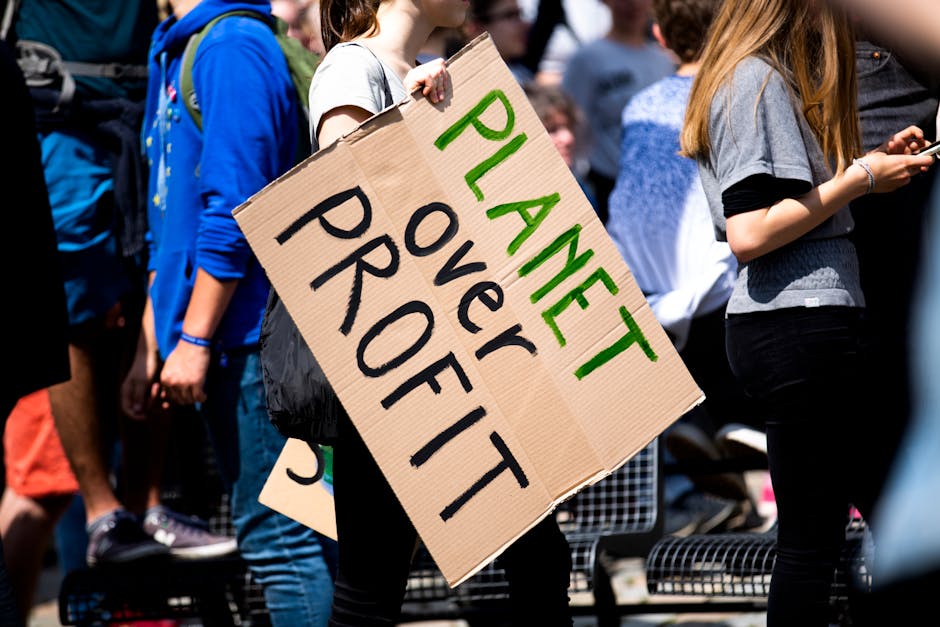As I gazed out my rain-soaked window, the relentless downpour seemed to mock the once-familiar landscape. Torrents of water cascaded down the streets, submerging cars and leaving homes stranded. It was a sobering reminder of the devastating impact that global warming is having on our planet.
Global warming, driven by the increase in greenhouse gases in the atmosphere, is causing a rise in average global temperatures. This has far-reaching consequences, including more frequent and intense extreme weather events such as hurricanes, floods, and droughts. These events can have a devastating impact on human populations, infrastructure, and ecosystems.
One of the most visible effects of global warming is the rising sea levels. As the polar ice caps melt, the water they release adds to the volume of the world's oceans. This rise in sea level threatens coastal communities, eroding beaches, salinizing drinking water sources, and increasing the risk of flooding.
Another major consequence of global warming is changes in precipitation patterns. As the atmosphere warms, it can hold more water vapor, leading to more frequent and intense rainfall. This can cause flooding, landslides, and erosion. In other areas, however, warming can lead to drought, threatening crops, livestock, and human health.
The impact of global warming is not limited to physical changes. It also has profound effects on ecosystems. As temperatures rise, some species are forced to adapt or move to cooler regions, while others are at risk of extinction. The loss of biodiversity can have a cascading effect on ecosystems, disrupting food chains and threatening the stability of the entire planet.
Human health is also at risk from global warming. Extreme weather events can cause injuries, fatalities, and displacement. Increased temperatures can lead to heat-related illnesses, respiratory problems, and other health issues. Rising sea levels can also contaminate drinking water sources, posing a threat to public health.
It is clear that global warming is a serious threat to our planet and its inhabitants. While it may seem like a distant problem, its effects are already being felt around the world. It is imperative that we take action to reduce greenhouse gas emissions and mitigate the worst consequences of climate change.
By investing in renewable energy, promoting energy efficiency, and protecting forests, we can help to slow the pace of global warming and protect our planet for future generations. We must all do our part to create a sustainable future for ourselves and our children.

